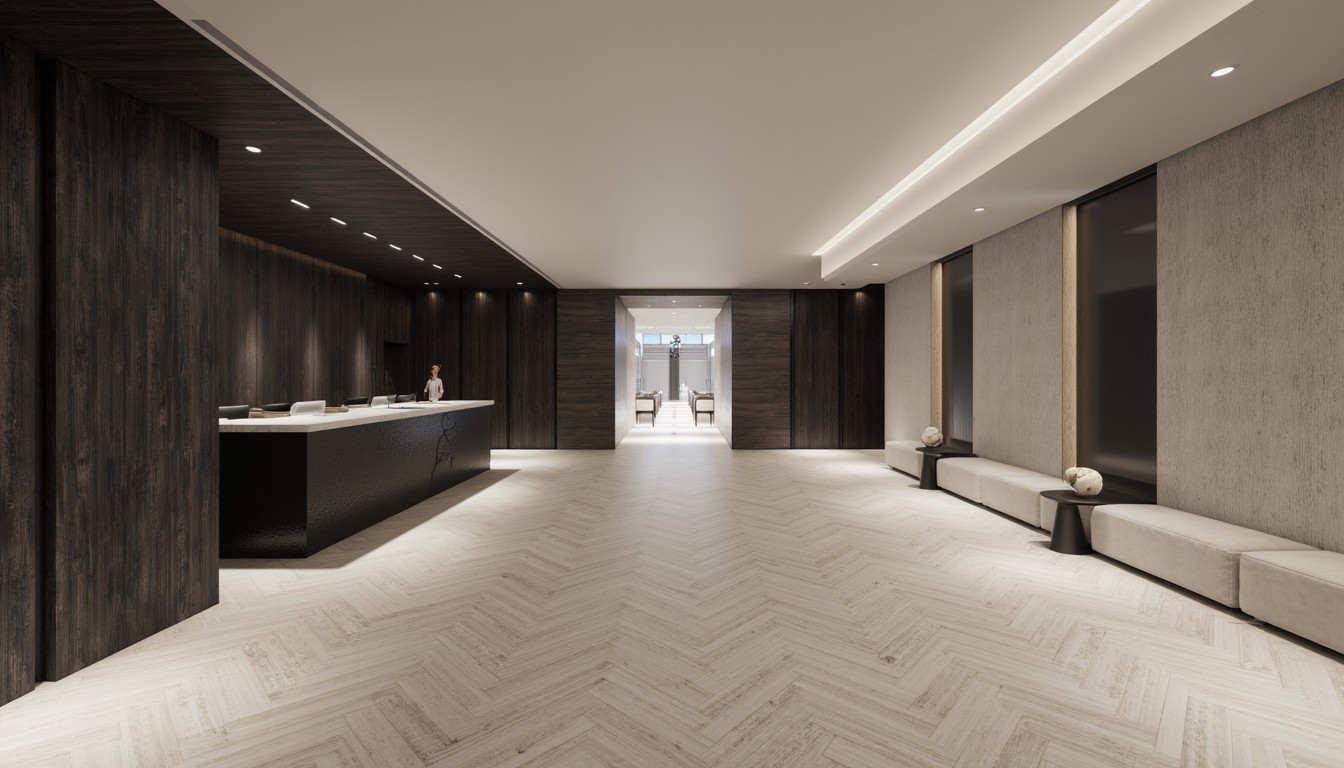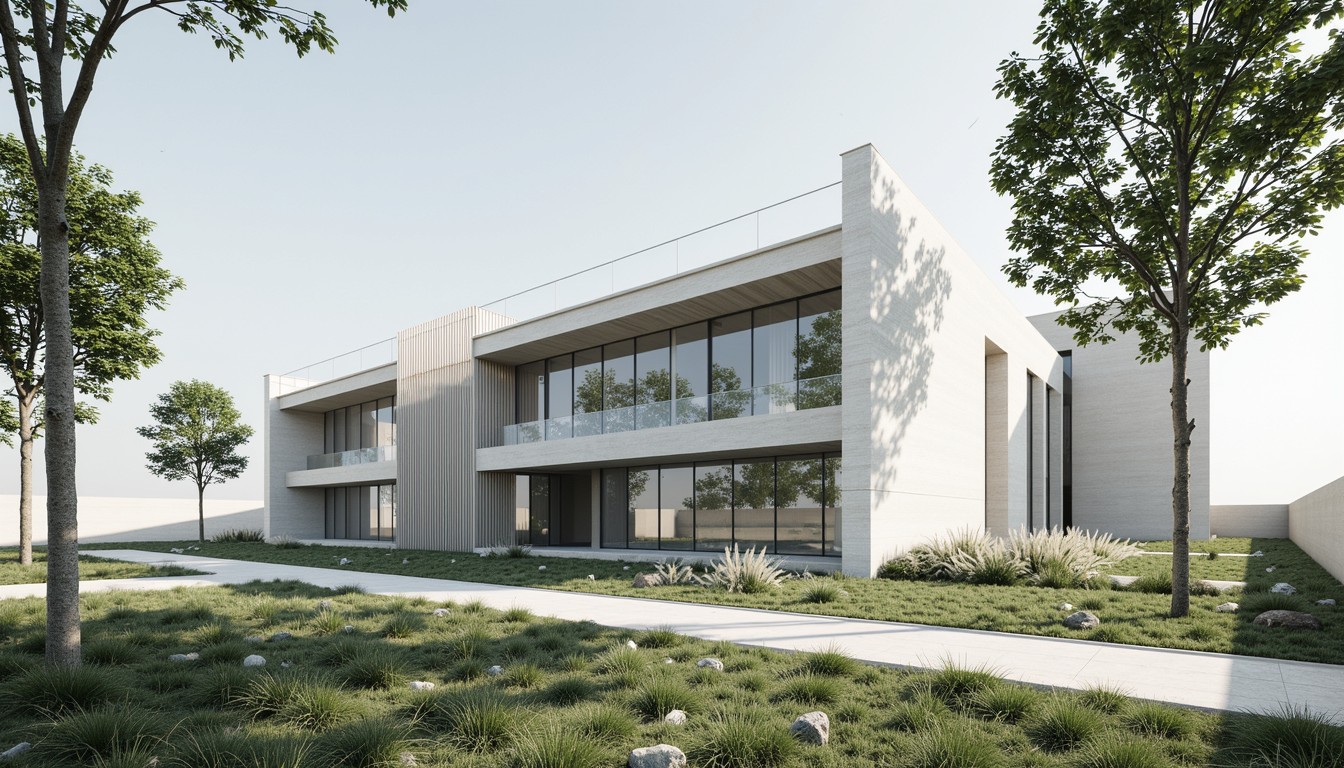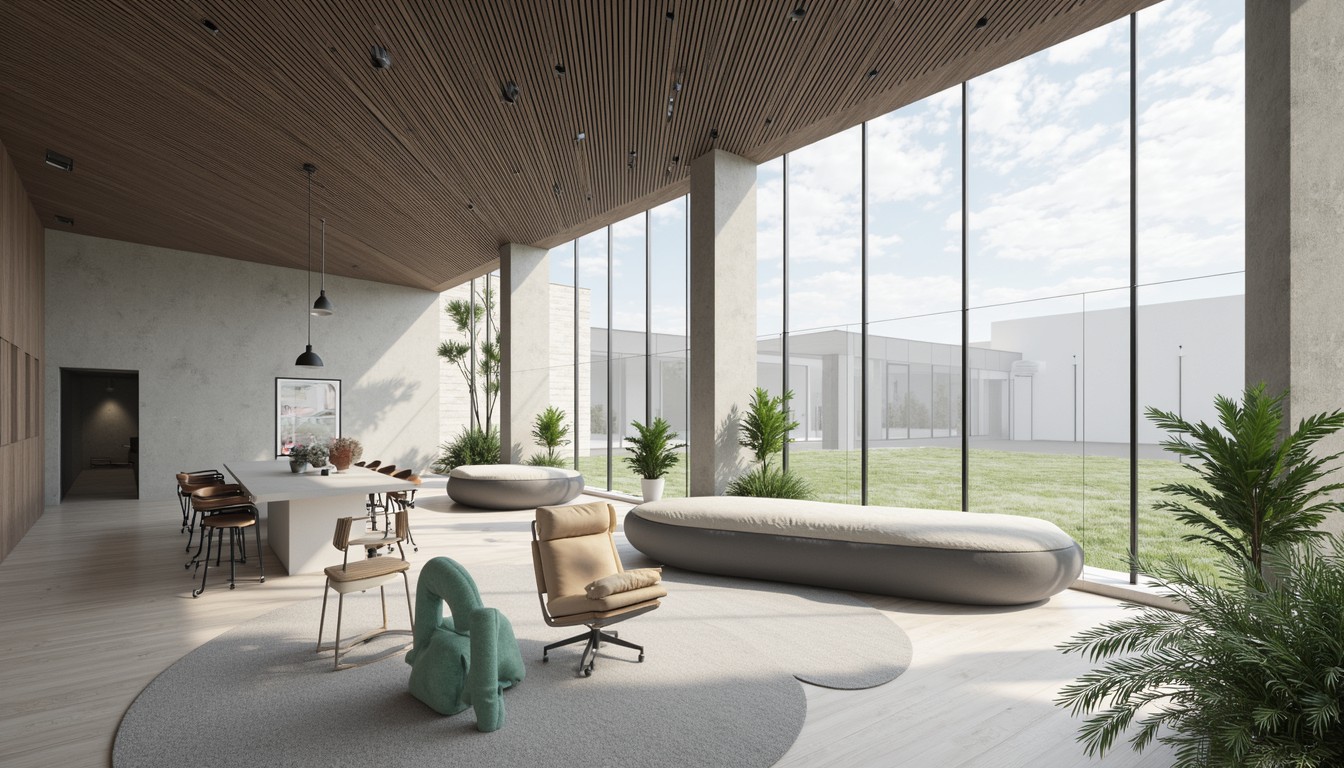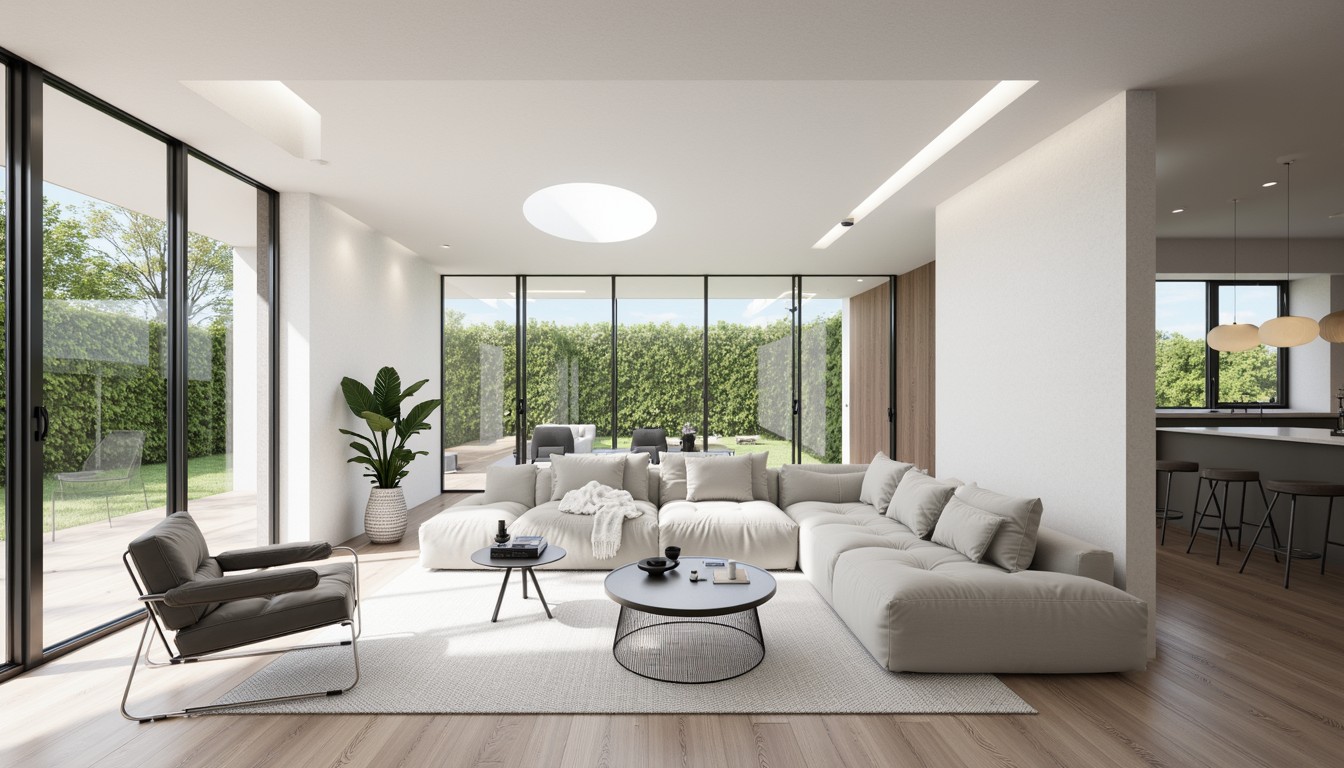Immersive Design: Revolutionizing Architecture with VR & AR
The architectural landscape is undergoing a dramatic transformation, driven by technological advancements that are blurring the lines between the digital and physical worlds. At the forefront of this revolution are Virtual Reality (VR) and Augmented Reality (AR), offering architects and their clients unprecedented opportunities for immersive design and collaboration.
The Power of Virtual Reality (VR) in Architecture

VR offers a fully immersive experience, transporting users into a digital replica of a building or space. Architects can leverage VR to:
- Conduct realistic walkthroughs: Clients can experience the scale, proportions, and spatial relationships of a design before construction begins, leading to more informed decisions and fewer costly revisions.
- Explore design iterations: Architects can easily showcase multiple design options, allowing clients to compare and contrast different layouts, materials, and finishes in a compelling and interactive way. This speeds up the design process and enhances client satisfaction.
- Detect design flaws early: By virtually walking through the space, architects and clients can identify potential issues with circulation, lighting, or other aspects of the design that might be overlooked in 2D plans or traditional renderings.
- Enhance client engagement: VR fosters a more collaborative and engaging design process, building stronger client relationships and leading to better project outcomes.
- Improve communication: VR facilitates clear communication between architects, clients, contractors, and other stakeholders, minimizing misunderstandings and ensuring everyone is on the same page.
Augmented Reality (AR) and its Architectural Applications

While VR creates a completely virtual environment, AR overlays digital information onto the real world. This offers unique benefits for architects, including:
- On-site visualization: Architects can use AR to project a 3D model of a building onto the actual construction site, allowing for a direct comparison between the design and the physical environment. This is invaluable for site analysis and construction coordination.
- Interactive presentations: AR can be used to create interactive presentations for clients, showcasing design features and materials in a dynamic and engaging way. Clients can explore the design at their own pace and interact with different elements.
- Space planning and furniture placement: AR apps allow clients to virtually place furniture and other objects within their space, helping them to visualize the final look and feel of the design and make informed decisions about furnishings.
- Real-time collaboration: AR facilitates remote collaboration, allowing architects and clients to view and discuss the design in real-time, regardless of their physical location.
Real-World Examples of VR and AR in Architecture
The adoption of VR and AR in architecture is rapidly growing. We've seen successful implementations in projects ranging from residential homes to large-scale commercial developments. For instance, architects are using VR to showcase the interior design of luxury apartments, allowing potential buyers to experience the space virtually before making a purchase. Similarly, AR is being used to help clients visualize how a new extension will look on their existing property, reducing uncertainty and enhancing the decision-making process.
The Future of Immersive Design

The future of architectural visualization is undoubtedly immersive. As VR and AR technologies continue to advance, we can expect even more sophisticated and realistic experiences. The integration of AI and machine learning will further automate the design process and personalize the client experience. We'll see more seamless integration between different platforms and devices, allowing for a truly connected and collaborative design workflow.
ArchNav: Your Partner in Immersive Architectural Visualization
At ArchNav, we are at the forefront of this technological revolution. We leverage the power of VR and AR to deliver cutting-edge architectural visualizations that exceed expectations. Our team of expert visualizers combines artistic creativity with technical proficiency to create immersive experiences that help architects and their clients bring their vision to life. We understand the importance of seamless collaboration and offer tailored solutions to meet the unique needs of each project. Contact us today to learn how ArchNav can help you revolutionize your design process with immersive technology.
